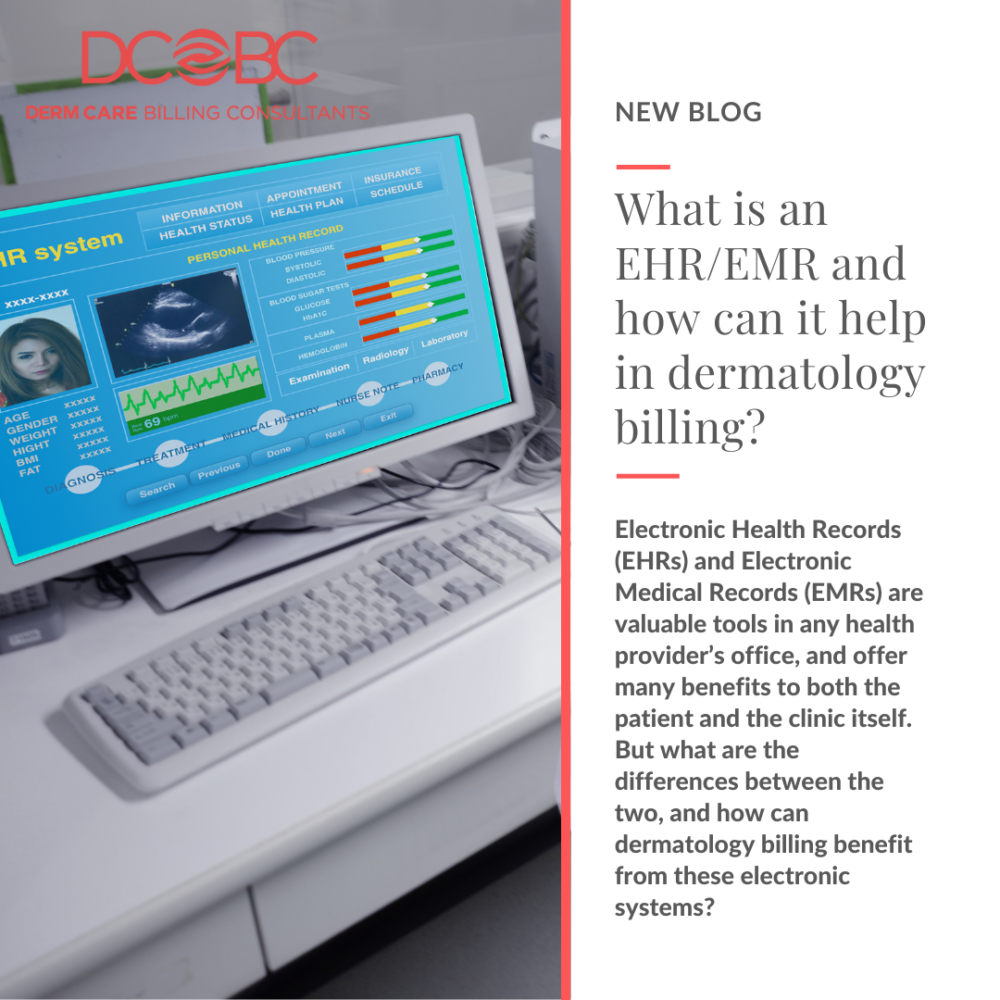What is the difference between EHR and EMR?
Both EMRs and EHRs were designed to make the storage, updating and organizing of health records more efficient and straightforward. They both contain detailed records of the history of a patient with their health care provider. However, there is a crucial difference between the two systems.EMRs are more like a digital version of a patient’s chart, and mainly used only by the provider for diagnosis, treatment and care of patients. This means that the EMR does not leave the doctor’s office and is only accessed by staff at that office.
EHRs, on the other hand, not only contain the records of the patient’s history, but are also shareable to other authorised clinics, health organizations, and health care providers. This means a patient’s detailed health record can be electronically transferred to other clinics, and accessed by other health professionals to aid in diagnosis and treatment.
What are the pros and cons of EHRs/EMRs?
Integrating a new electronic system in your office has pros as well as cons.
Some of the benefits of utilizing EMRs and EHRs are:
- Data and results can be tracked over time, giving a more in-depth understanding of a patient’s changing health
- Better diagnosis, treatment and care thanks to access to detailed, long-term information
- Fewer errors/mistakes or lost data
- Digital records offer easier storage than bulky paper files
- Easy reference of records
- Enhanced security and privacy for patients
Some of the disadvantages of EMRs/EHRs are:
- Staff will need to transition from their current system to the new EHR/EMR system and may require training
- Frequent updates of information are required to keep the patient records up to date
- Bigger risk of cybersecurity issues
- Risk of technology failure, such as computer crashes or loss of internet, making it impossible to access the systems online
Overall, there are far more pros than cons to using EMRs/EHRs, especially when it comes to providing the best care to your clients, streamlining the processes in your practice, and optimizing your billing cycle. The better capture of information and the increased sharing capabilities amongst health care providers all help a patient get better diagnosis and treatment, and helps your practice improve its overall performance.
How do EMRs/EHRs help clinics with medical billing?
EMR/EHR systems are a valuable tool for successful medical coding and billing. These electronic systems automate many aspects of the billing process, and having access to accurate, real-time patient files can help your staff accurately enter information and avoid claim denials. This can improve your clinic’s performance, profitability, and patient satisfaction.
Some of the benefits of integrating EMR/EHRs into your billing process include:
- Better reimbursement rates due to fewer form errors and code errors
- Less paperwork because of the streamlined electronic processes
- Improved analytics of the billing process, making it easier to optimize your clinic’s workflow and boost income
- Reduce costs through decreased paperwork and duplication of testing
- A more effective workflow which reduces the strain of administrative tasks and increases staff satisfaction
- Your clinic gets paid faster as you can verify insurance and procedure eligibility in real time.
- Improved Revenue Cycle Management and Analysis
Dermatology practices stand to gain a lot from integrating EMR/EHR systems into their billing systems. At Derm Care Billing Consultants we use the latest billing technology to offer each client the highest collection rate possible. Contact us today to talk to our team of highly experienced dermatologic billers and find out more about our streamlined dermatology billing systems.





